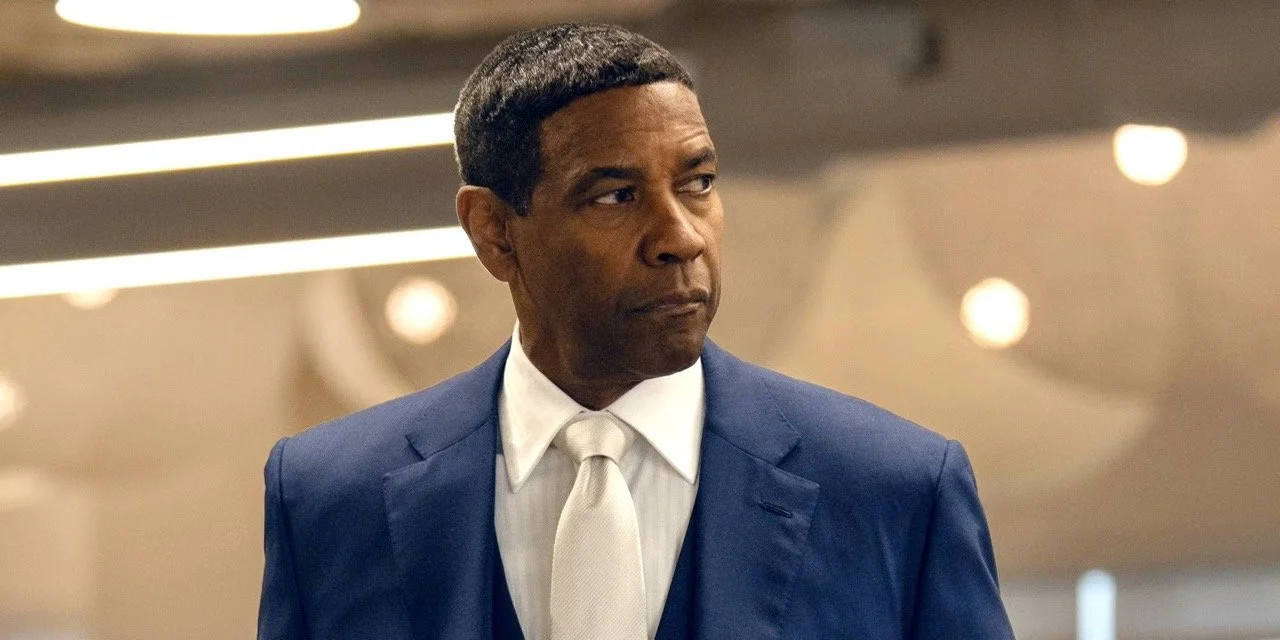Sorcerer Ignites a World of Frenzy and Sweat
The world is boiling, ready to ignite. This is plain to see long before we get to nitroglycerin and oil well conflagrations. An assassin kills a man in Veracruz; a bomb is detonated in a large crowd in Jerusalem; a man in France, bereft by debt, blows out the back window of his car along with the back of his head; gorier still are the bodies thrown from a car after a heist in New Jersey has soured. With the rapid fire of these opening acts, William Friedkin sets the tone of terror and societal breakdown at a global level. This is not a place to feel settled, to feel safe.
Sorcerer is William Friedkin’s adaptation of Georges Arnuad’s 1950 novel, The Wages of Fear, which was first adapted by French director Henri-Georges Clouzot in 1953. Both film versions follow the same general structure: a group of men from various corners of the globe find themselves stuck in a dilapidated village somewhere in Latin America. These are isolated men, violent creatures ambivalent to the world around them. Mostly they come from Europe or the U.S, and their savage survival instincts give voice to the final strangled cries of colonialism. What once was the glory of international dominance now becomes the last arena of their futile struggle.
The village, and the life that has brought them to it, is inescapable not for walls but for need of money, which is impossible to come by. But there is hope in American business—in oil. It’s always oil, isn’t it? The American company operating near the town suffers an oil well explosion, and hires these desperate men to put it out. The task requires the four men drive trucks loaded with nitroglycerin across treacherous mountain roads, knowing that the slightest bump could rend their mortal coil in a thousand shards.
It’s hard to know which version burns hotter, but even matching Clouzot makes Sorcerer an all-time nail-biter. The opening scene is proof, as the first shot is a wonderful ode to Clouzot’s rangy camera. But an elevator soon adds a mechanical ratcheting, already finding ways to discomfort. Friedkin works at a faster clip than Clouzot, rarely giving us more than a moment’s breath before the next peril causes us to squirm in our seats.
Roy Scheider is the central protagonist, and the crew is rounded out by Bruno Cremer, Amidou, and Francisco Rabal. While the screenplay is more focused on action and physical obstacles than dialogue, each actor finds small ways to express the sins that haunt them. It’s all in the reactions of disbelief, the flashes of pride, and the shattering moments of terror that wash across their faces. They strain against the idea that the world would dare oppose them, but all they encounter are obstacles. Whether it be the fallout of their own actions, the prison of global economics, the instrumentalizing powers of American capitalism, the weather, or the land itself, they can’t catch a break.
Friedkin contours the film in skewed, dense visions. Dutch tilts have rarely been as effective as when a truck is inches away from careening over a cliffside. As the trucks move through the jungle, he makes them appear like ghouls terrorizing this place. Which, in a sense, is exactly what they are. The oil well fire is a raging scar on the landscape, heightened when Friedkin employs a high, roving camera floating over the wounded green. Add to it all an early, entrancing score from Tangerine Dream, and it’s a whirlwind of saturated stress.
The penultimate scene is particularly captivating, as Scheider’s driver enters an alien landscape that doubles as the topography of his terror. The truck slows to an idle, and dark visages cross his field of vision. The scene is not unlike the stargate sequence in 2001; here, as there, the character is unmade by the experience. It’s a moment of uncreation, of reduction, of collapse. Clouzot’s The Wages of Fear is a few shades more Orphic than Friedkin’s, but Scheider’s character gets his own journey through Hades in the phantasmagoric scene.
Sorcerer is all frenzy and sweat, depicting a world where violence is a world power. It’s an Orphic tale for the colonial-industrial era. No one is out of its reach, not even mere bystanders. In one of Sorcerer’s few quiet moments, a side character quotes a poet who wrote of war, wondering at the fact that a simple gesture would remove others from this earth. The poet continues to wonder: “Whose gesture would remove me?” That’s all it takes, and we are gone. Unmade.



